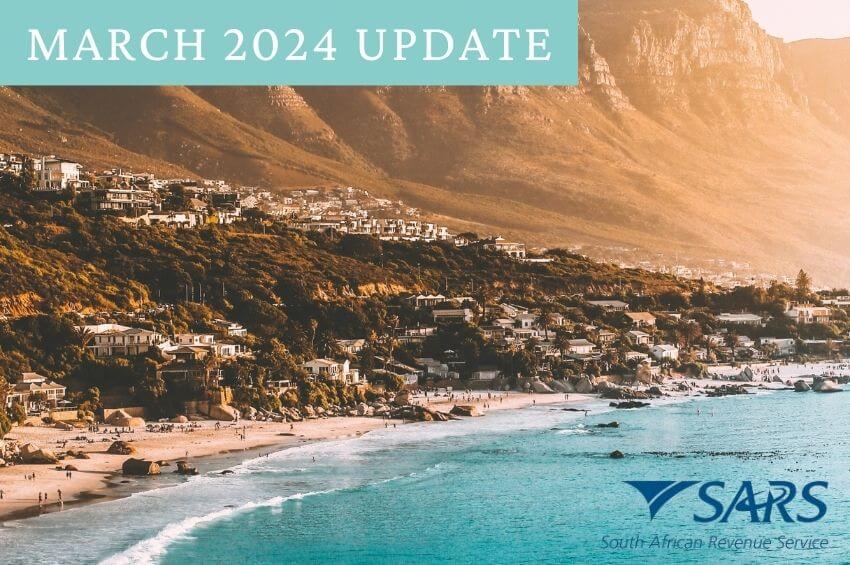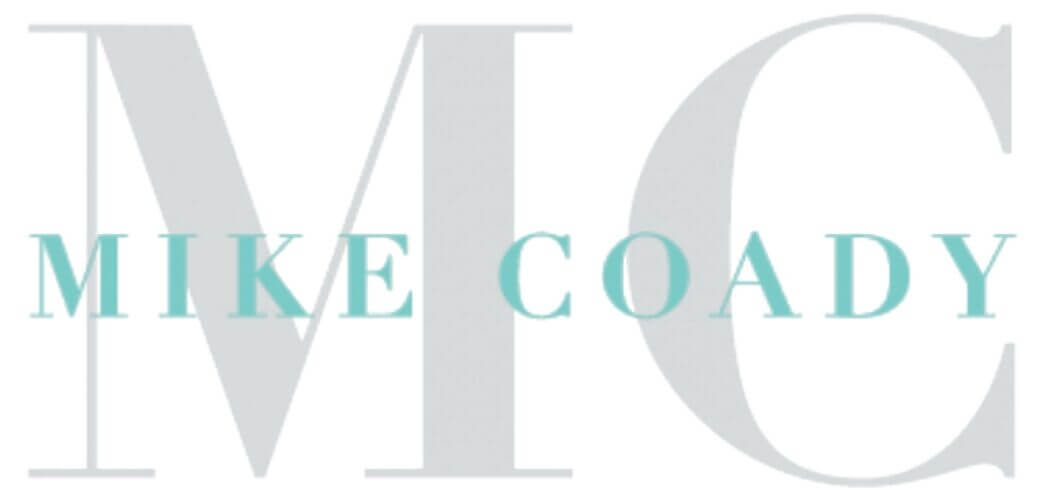
Home Why a life folder is critical to any succession planning

Why a life folder is critical to any succession planning
|
Getting your Trinity Audio player ready...
|
If the unthinkable should ever happen, in a time of trauma and grieving, would your loved ones know how to manage your affairs? Lets discuss death organisation…
One of the most looked over processes, particularly with expats, is who will look after my affairs when I have passed and more importantly, will they know where all my important information is stored. In a time meant for grieving and reflection, this lack of organisation can cause unnecessary stress and additional concerns to the loved ones you leave behind.
It is typical for expats to have all their important documents spread across multiple locations and countries. Some may be in our office, others may be in storage locally or in your home country and most will probably be online, with the need of some sort of password to be accessed.
This potentially creates unnecessary administrative stress for those that would survive us and places a heavy burden on them.
As a responsible parent, spouse, son or daughter, the solution is to create a place where your family can access important documents and information should you pass away.
This is where a death folder becomes crucial to your estate planning and being ahead of the game when it comes to “death organisation” shouldn’t be overlooked.
What is an “in case of death” folder?
An in case of death folder is a simple and efficient tool you can use to keep all of your most important financial files and documents in one place.
These include critical financial documents, account information, banking details, usernames and passwords, as well as key estate planning documents such as your will, power of attorney, health care proxy and any life insurance policies.
Why would I need this death folder?
The purpose of having death organisation and in this case a death binder or file is to have another layer of preparation for your loved ones, in case you pass away unexpectedly. The loss of a loved one is stressful enough without having to laboriously piece together the deceased’s financial affairs. During such a time, your loved ones are potentially in the dark, not knowing how things stand and even whether bills can be paid.
Furthermore, leaving behind a puzzle of documents for your loved ones to solve will delay inheritors’ access to funds as they try to obtain probate and could potentially cost a small fortune in legal fees.
Having this file on hand with everything they need to get your finances and estate planning wishes in order can make things a lot easier and ensure that all their immediate needs are provided for in a time of uncertainty.
Do I store this electronically or make a physical folder?
This comes down to personal preference, there is no right or wrong way to create your folder, but having a system that provides a level of “death organisation” is essential.
It can be done by either creating a secure/encrypted electronic file that survivors can access in the event of death. This file can then be stored on your main computer, in the cloud or on an external hard drive.
Alternatively, you can use a physical folder to keep all of the important information together.
As physical folders can get lost or damaged, and electronic copies can be compromised, perhaps adopting both a physical and electronic version would be the best course of action.
What should be in the “in case of death folder”? (A death organisation folder checklist)
Birth, marriage and divorce
– Personal birth certificate
– Marriage certificate
– Divorce papers
– Birth certificate/adoption papers for minor children
Life insurance and retirement
-Life insurance policy documents (including beneficiary nomination forms)
– Details of any employer death in service benefits
– Personal pension documents
– Employer pension details
– Annuity documents
– Details of any entitlement to state pensions
Bank accounts
– List of bank accounts with account numbers, login details, passwords etc
– Details of any credit cards
– Details of safe deposit boxes
Assets
– Property, land and cemetery deeds
– Timeshare ownership
– Proof of loans made
– Vehicle ownership documents
– Stock certificates, brokerage accounts, investment platform details, online investment account details
– Details of holdings of premium bonds, government bonds, investment bonds
– Partnership and corporate operating/ownership agreements (including offshore companies)
Liabilities
– Mortgage details
– Proof of debts owed
Details of gifts
– Dates and amounts/values (potentially helpful when calculating any inheritance tax liability)
Income sources
– Make a listing of all your sources of income, especially ones that your family might not know too much about
– Employer details
– A copy of your most recent tax return or accounts (if self-employed or own business)
Monthly expenses (so they can be maintained if necessary or cancelled if not)
– Utilities
– Insurance
– Rent/mortgage
– Loans
– Subscriptions/memberships
Essentials
– Will/testament + details of the person/firm that helped create it if applicable
– Instruction letter
– Trust documents
– Burial/cremation wishes
– Power of attorney
Contact details
– List of names and contact numbers for your financial adviser, doctor, lawyer/solicitor, accountant, and insurance broker.
– Email and social media account details
How do I effectively manage this folder and achieve death organisation?
The following steps can be taken to ensure the life folder is effective:
– Once completed, let your family know about the life folder. Distribute copies to your families and loved ones as well as the necessary and applicable people such as the executor of your estate, guardians, your solicitor etc. It is also highly recommended to omit certain information to certain parties when ensuring the necessary individuals have access to your folder. For example, it may not be wise to send your banking and email login details to an individual whom you have appointed as a guardian
– Review the life folder at least annually and make ongoing adjustments and provisions as life events occur in order to ensure it is both relevant and up to date.
About Mike Coady
Mike Coady is an expat expert based in Dubai and is on hand to help with all of the above and more.
Mike is an award-winning money coach and industry leader in the financial sector.
Qualified to UK Financial Conduct Authority (FCA) standards, a member of the Chartered Insurance Institute, a Founding Fellow of the Institute of Sales Professionals (FF.ISP), and a Fellow of the Institute of Directors (FIoD) and featured as a highly qualified Financial Adviser in Which Financial Adviser.
To learn how to choose a great financial adviser, download our free guide.
Blog published by Mike Coady.
Related
You May Also Like
DISCLOSURE:
mikecoady.com, the website, does not provide financial, investment or tax advice. It is specially designed to provide its users with general information. It does not give individual or specific advice on which products or services are the most appropriate for an individual’s particular circumstances. We may from time to time publish content on this site that has been created by affiliated or unaffiliated contributors.










